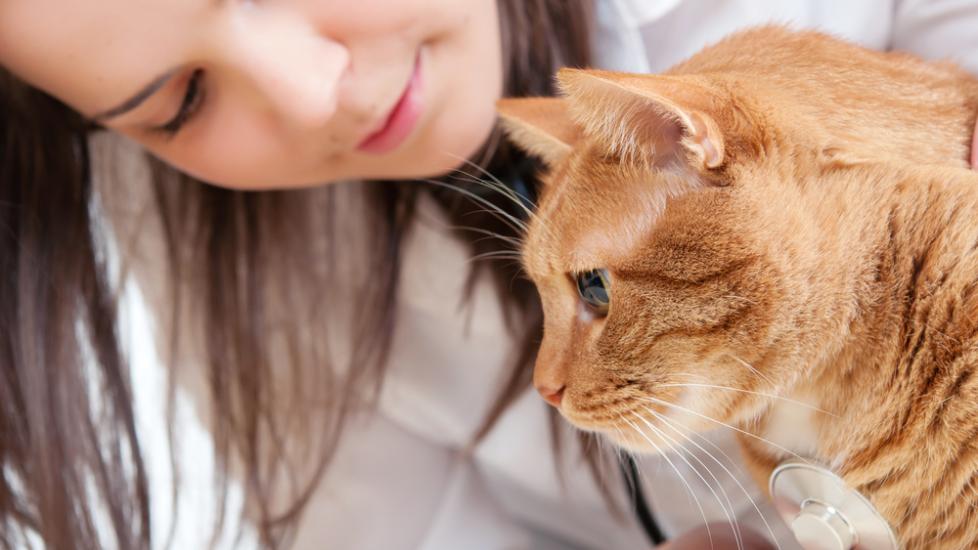Lungworms in Cats
Parasitic Respiratory Infections in Cats
Lungworms are a parasitic worm species that cause severe breathing (respiratory) problems. Cats that are allowed to roam outdoors and hunt rodents and birds are especially at risk for developing this type of parasitic infection.
Symptoms and Types
There are several species of worm that can migrate to the lungs of animals. Capillaria aerophila and Aelurostrongylus abstrusus are two of those most commonly found parasites in cats. They may cause such symptoms as coughing and shortness of breath (dyspnea).
The coughing is caused by the worm larvae that are laid in the airway, which in turn causes difficulty breathing and mucus accumulation. If left untreated, complications in the damaged airways can lead to more serious problems such as emphysema, fluid build-up in the lungs, and even pneumonia. In some severe cases, the cat may even lose weight.
Causes
Cats become infected with lungworms when they drink water or eat prey infected with the larval stage of the worm. The larvae then migrate out of the intestines via the bloodstream to the lungs, where they develop into adult worms and lay eggs in the host's lungs within 40 days. The eggs are then coughed up by the animal or passed in feces, which may then be eaten by birds, rodents, snails, or other pets.
Diagnosis
Tests to determine if a cat has a lungworm infection will include:
- Physical examination (lung auscultation) and history
- Chest X-rays
- Fecal examination for eggs
- Complete blood count (CBC)
- Examination of fluid from lungs (tracheal wash)
Treatment
Lungworms are treatable with anti-parasitic (anthelminthic) medications such as:
- Fenbendazole
- Albendazole
- Ivermectin
- Praziquantel
- Levamisole
These medications should eradicate the worms over time and will help clear the animal of the infection. In severe cases, where secondary infections and lung damage have occurred, other medications such as corticosteroids or antibiotics may be necessary to help the animal recover.
Living and Management
An infection with lungworms does not typically last long. The cat often eliminates the worms by coughing them up or excreting them through the feces. Then, as long as the prescribed medication is given and the cat does not develop a secondary lung disease such as pneumonia, the prognosis is good.
In severe cases, repeat X-rays or fecal examinations may be needed to follow up.
Prevention
Cats should be kept indoors to prevent exposure to rodents, birds, or other animals which may carry the lungworm larvae.
Image: mtr via Shutterstock
Help us make PetMD better
Was this article helpful?
